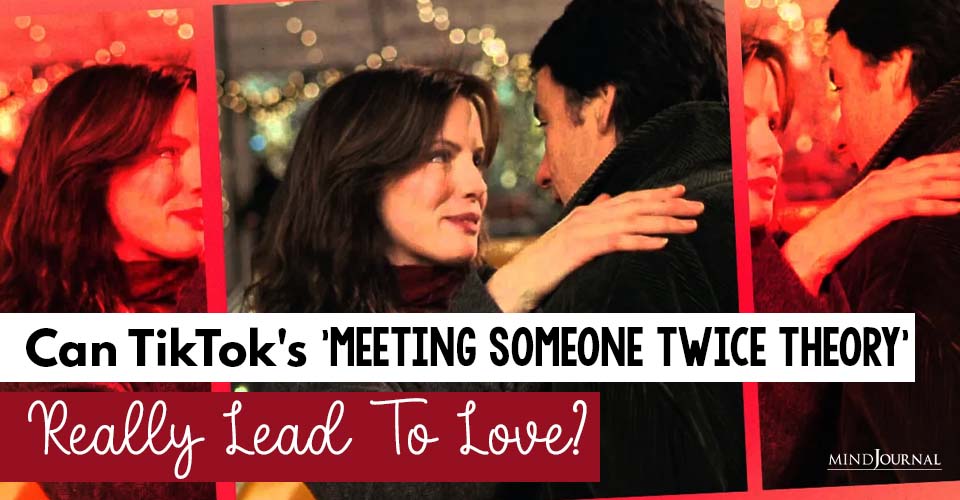Sometimes we believe we will acquire eternal love only if we give too much of ourselves in a relationship.
Quite a few of us are in lopsided relationships—we either receive nothing at all or we give away too much of us to the other person.
If you constantly give support to others at your own expense, eventually this imbalance will negatively impact your life.
Some people’s childhood experiences have taught them to focus more on others than on themselves. The core to this type of mental set is childhood neglect by primary caregivers. These children grow up to become adults who need constant validation from external sources to function. The recognition such people receive for being selfless becomes their “normal” way of behaving.
But the very word selfless should send up warning signals; paying less attention to ourselves and more attention to others puts us in a poor position to support others.
You can be a natural “giver” or you might have imbibed this idea of “giving” through reinforcement during your growing years — “Oh, he’s so helpful,” or “She always thinks about others first. She’s so kind.”
Certainly these traits are appreciated, but not to the exclusion of one’s self.
Remember: You also deserve to receive support when you need it, and if you’re not, it’s time to examine why and start to reassess the situation.
It is perfectly normal to sacrifice for your children when they are babies or toddlers.
However, as they grow older, it’s important to alter and adjust this situation. This will help them be self-sufficient. If you are still being a babysitter to your 16 year old, or dropping your leisure pursuits at a moment’s notice to provide for them, then the relationship is imbalanced.

The same is true of a friendship or partnership.
If your friend or partner is going through a particularly stressful period, a down phase in his/her life, its understandable that you want to support them.
You may even give up some of your own time, pursuits, or desires in order to do so. But this will not be sustainable long-term, and as they get back on their feet, you need to return to your own routines.
It is important not to compromise everything you have, regardless of how needful the person you want to support is or what relationship you have with the person.
If you do, there will be no “normal” life to return to—you will have given it up. Meanwhile, the person you supported will learn to sustain himself/herself and will resume to their routine. This will definitely leave you to nothing.
By all means, support someone else, but not at too high a cost to yourself or you may find yourself in a parasitical relationship that cannot be sustained.
The second type of support relationship is one where you constantly seek support.
Maybe you grew up with parents who did everything for you and so you are used to other people running around after you.
You need to realise that as an adult majority of your needs has to fulfilled by one’s own. It is perfectly reasonable to ask for help if you feel out of your depth, but quit handling your entire responsibility to someone else, no matter how low-spirited you feel.
When you do this, you disenfranchise yourself—and you learn nothing.
Get the other person to show you what they would do in the situation, and then gradually take over the task yourself.
This will be hard for you if you have been encouraged to be “needy” and “pampered”. Remember that the whole time you are being “assisted” by another person, you are not truly autonomous. It will ultimately leave you vulnerable when you are required to deal with novel situations by yourself.
In a partnership, this control is something that is sacrificed to a certain extent because there are two of you involved. In a healthy relationship, this is negotiated, usually to the benefit of both partners, not at the expense of one.
As is so often is the case, balance is key. In any long-term relationship is flexible and mutual : at certain points, one person’s needs will be dominant and on other days the other person will require to supported. If this does not happen, the relationship changes to an unsustainable parasite-and-host situation.
A long lasting healthy relationship demands equal contributions from both the partners because it is all about teamwork.
You may also like:
- To The Girl Who Tried A Little Too Hard For The Wrong Relationships
- Can You Love Too Much? Codependent “Caretakers”
- You Will Regret Losing The Girl Who Tried Too Hard To Keep You
- 20 Truths About People Who Are Too Anxious, But Also Too Kind











Leave a Reply